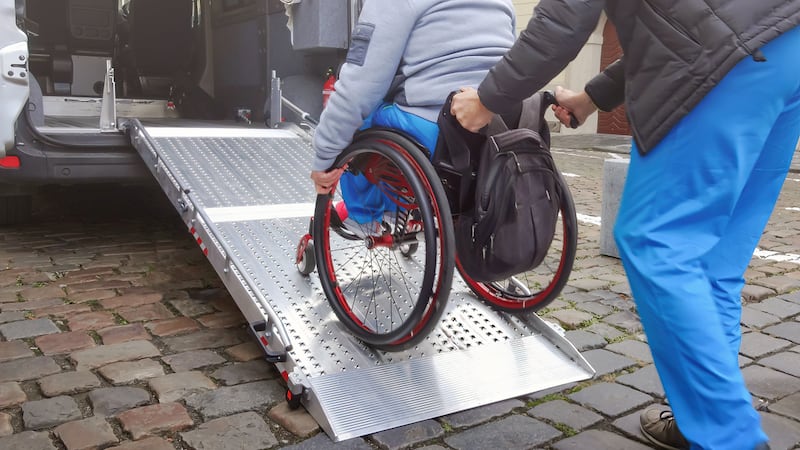Senior medics and experts have urged caution on extending the gap between doses of Covid-19 vaccines, saying a significant benefit to the vaccination programme would be needed to justify it.
Minister for Health Stephen Donnelly has sought the advice of deputy chief medical officer Dr Ronan Glynn and the National Immunisation Advisory Committee (Niac) on the possibility. Research has shown good levels of immunity from a single dose.
Dr Denis McCauley, GP chair of the Irish Medical Organisation (IMO), said he believed it would not greatly accelerate the vaccination programme. Modelling showing an "enormous, obvious difference" would have to be published to justify such a move.
| Total doses distributed to Ireland | Total doses administered in Ireland |
|---|---|
| 9,452,860 | 7,856,558 |
Hospital Report
He argued it could not be done until the very vulnerable were fully covered with a four-week gap between doses. “To delay their 90 per cent coverage [the efficacy reached from two shots] would be unjustifiable medically and morally”.
Dr Glynn said there were pros and cons, but “it would mean that the programme overall will finish later, and for a large number of people they’ll be waiting longer to be fully vaccinated”.
A decision will not be taken until later in the week once the European Medicines Agency (EMA) issues an opinion on the single-shot Johnson & Johnson vaccine. It is studying potential links between the vaccine and rare clotting events.
Changes
Coalition sources said following changes to the use of the AstraZeneca vaccine last week, and the uncertainty around Johnson & Johnson, all options have to be considered to keep the vaccination programme on track and allow for more restrictions to be lifted. Limitations on the Johnson & Johnson vaccine would impact on Ireland's vaccines programme, while the costs associated with lockdown grow.
Minister for Public Expenditure and Reform Michael McGrath will tell Cabinet today (Tuesday) that spending is €500 million ahead of projections for the first three months of the year.
Some €19.5 billion had been spent by the end of March, including €3 billion on the Pandemic Unemployment Payment and Employment Wage Subsidy Scheme. There has been a significant draw on contingency funds, cushioned by around €120 million less spent on capital projects.
While widespread vaccination should lower pandemic spending demands, senior public health officials believe spacing out doses might only accelerate the vaccination programme by two or three weeks unless it was significantly increased well beyond the manufacturers’ guidelines of up to six weeks.
Meanwhile, there could be a risk of proceeding with reopening with lower overall levels of protection, as well as a prospect of confusing the message around the importance of a two-dose regime.
“We should be concentrating on how we get people vaccinated properly, not how to get people vaccinated quickly,” said a source.
Some experts support increased spacing. Luke O'Neill, professor of immunology at Trinity College Dublin, said more first doses would protect more of the population against severe disease.
“Keeping the second shot back will delay the campaign to get to 80 per cent given that we haven’t got enough vaccine to roll out as quickly as we want, so why not use up all the first shot?”
Trial research
However, vaccine specialist Anne Moore, senior lecturer at UCC's school of biochemistry, said extending the dose interval was not supported by clinical trial research.
“My core belief is that we should stick with the clinical evidence that was generated in the clinical trials by the companies that are manufacturing the vaccines,” she said.
Anthony Staines, professor of health systems at Dublin City University, warned that extending the interval would increase the risk of spreading vaccine-resistant coronavirus strains. "It's not mad, bad or wicked to do something different, but the safer approach is to do what we are doing."
No further deaths associated with Covid-19 were announced on Monday, with 403 more diagnoses confirmed.
Three cases of the B1617 variant of Covid-19 first identified in India have now been identified here, it was confirmed on Monday. At least two of the cases are travel-related and the other one is being investigated.
















